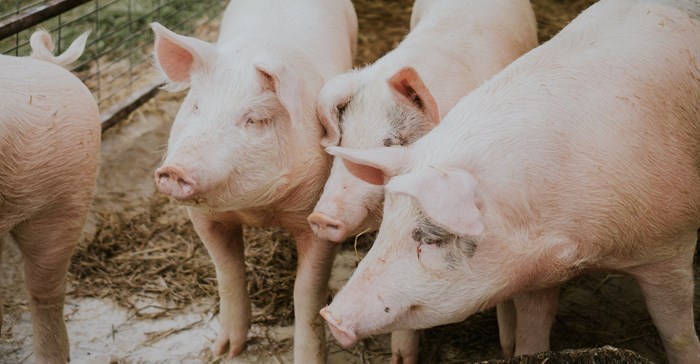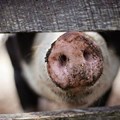Agricultural trading market place, Trigga Trader has recorded a more than 30% increase in pork prices in the last two weeks when prices went from R19.00 p/kg to more than R25 p/kg on the weekly. The price increase is on the back of an outbreak of African Swine Flu (ASF) - which is harmless to humans, but fatal to pigs - in China, Mongolia, Vietnam and Cambodia, creating a global shortage of pork and the import parity of pork into South Africa.
More specifically, since the China Ministry of Agriculture and Rural Affairs (MARA) confirmed its first African swine fever outbreak in Liaoning province in August last year, 136 ASF outbreaks have been identified, resulting in 1,129,000 pigs being culled in an attempt to halt further spread of the disease, according to the Animal Production and Health Division of the Food and Agriculture Organisation of the United Nations.
Trigga Trader’s Walter Frey says the online platform enables South African farmers to immediately respond to the effects of supply and demand with import parity pricing being one of the drivers ensuring that local prices represent international pricing. "While the take-up was initially slow, the platform has gained significant momentum as a younger generation of farmers adopt the new technology. We have also continued to listen to industry players and have been open to revise the platform over the past two years," he adds.
From a democratisation of the industry point of view, the model also allows emerging farmers to gain access to the market.
Frey believes in aggressive goodness – making money with purpose and disrupting industries. "In April alone, we sold 15,379 pigs on the platform and currently have 33 active farmers and 36 active buyers on the platform. This online disruption – much like Uber – is dramatically changing the traditional way of marketing pigs."
Forward contract selling
The latest disruption on the cards for the exchange platform includes the introduction of forward contract selling pigs, providing pig producers with a greater degree of certainty. Effectively pig producers will now be able to forward sell and fix the selling price of pigs as they currently do with maize and soya.
"What we want to do is ensure that the price our platform realises is representative of a willing buyer/willing seller of physical pigs. We want to provide a transparent marketplace where all buyers and all sellers can interact to determine a fair exchange," adds Frey.

































